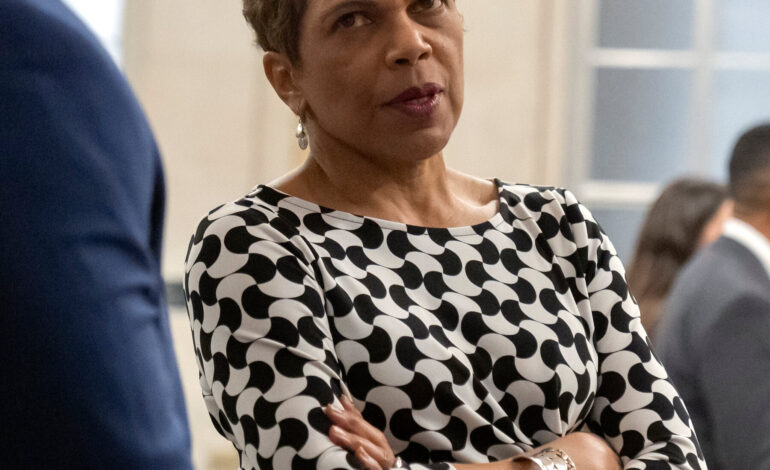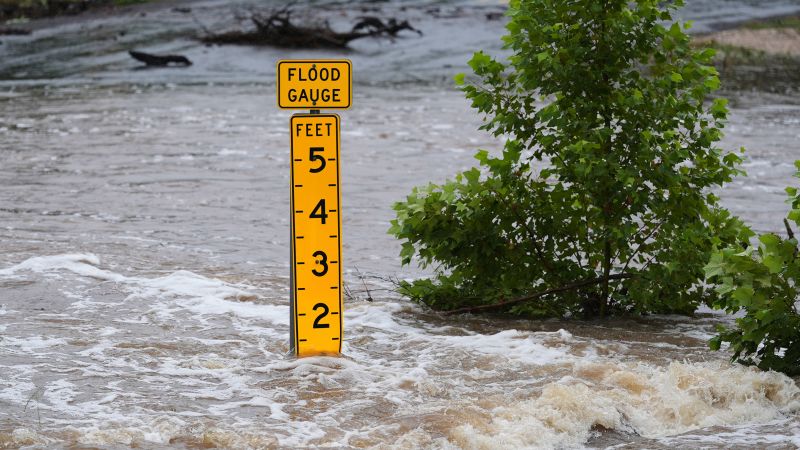Federal Judge Rejects Appeal for Deportees Sent to Ghana

A federal judge has declined to intervene in the case of migrants deported to Ghana, stating that her authority is limited despite the existence of protective orders for these individuals. U.S. District Judge Tanya S. Chutkan made the announcement on July 20, 2023, marking a significant moment in the ongoing immigration debate under the administration of former President Donald Trump.
In her ruling, Judge Chutkan expressed that her hands were “tied” regarding the migrants’ situation. This decision is viewed as another win for the Trump administration’s aggressive deportation policies, which have drawn criticism from various human rights organizations. The judge’s statement indicates a complex legal landscape where the interplay of protective orders and immigration enforcement creates challenges for those affected.
The case centers on individuals who had been granted protective orders due to credible fears of persecution or harm should they be returned to their home countries. Despite these legal protections, the ruling reinforces the limitations faced by the judicial system in contesting executive immigration actions.
Ghana, the destination for many of these deportees, has been a focal point in discussions about the treatment and rights of migrants. Critics have highlighted that the conditions in Ghana may not be suitable for those fleeing violence or persecution, raising ethical concerns about the deportation practices employed by the United States.
The American Civil Liberties Union (ACLU) and other advocacy groups have condemned the ruling, arguing that it undermines the legal rights of migrants. They emphasize the importance of adhering to international human rights standards, particularly when it comes to the treatment of vulnerable populations seeking safety.
This decision by Judge Chutkan adds to a growing list of legal challenges surrounding immigration policy in the United States. As the political landscape continues to evolve, the implications of such rulings are likely to influence future legislative discussions and the treatment of migrants at the U.S. borders.
The case not only highlights the judicial branch’s limitations but also underscores the ongoing debate surrounding immigration reform. As advocates push for more humane policies, the intersection of law and executive power remains a contentious issue in U.S. politics. The situation reflects broader global trends in migration and the responsibilities of nations to protect individuals fleeing danger.
In summary, the ruling by Judge Chutkan reinforces the current administration’s deportation strategies while raising critical questions about the legal and ethical responsibilities of governments toward migrants. The future of such policies will undoubtedly continue to be a significant topic of discussion as legal challenges mount and advocacy efforts intensify.






